The Most Common Electrical Engineer Interview Questions.
General Questions
Electrical Engineering Interview Questions .
General questions for electrical engineers include questions pertaining to your degree or degrees, your employment history, and your reasons for pursuing your career. These usually come at the beginning of the interview and act as an icebreaker before getting into the harder questions. Some top opening electrical engineering interview questions include:
- What is your background?
- Why did you decide to become an electrical engineer?
- What are your strengths and weaknesses?
- What are your short term and long term goals?
- What motivates you to succeed?
- What do you think separates you from other candidates?
- What electrical engineering computer software are you comfortable with?
- Where did you get your electrical engineering degree and which classes did you excel in?
- What qualities do you have that would be helpful on this job?
- What is your specialty within electrical engineering?
To prepare for these questions, it’s important that you reflect on your reasons for pursuing a career in electrical engineering as well as your interest in the particular job that you’re applying for. You should also study your resume and review your education and employment history so that you’re ready to answer questions about your background. Try to think about what makes you different from other candidates and which special skills or qualities you can bring to the workplace.
Behavioural Questions.
Top Electrical Engineering Interview Questions
Behavioural questions pertain to how you behave in the workplace and how you make professional decisions. They are typically based on your past experiences and rely heavily on your activities in your previous jobs. These questions can also be used to discover how well you work with others and how you handle authority, so be sure to provide honest, tactful answers. Some questions and prompts may include:
- Describe a challenge that you ran into at work and how you solved it.
- Tell me about a time when you made a mistake. How did you recover?
- Describe your most successful teamwork experience. What made it so successful?
- Describe a time when you had to meet a strict deadline. How did you manage to get your work done on time?
- What was the toughest decision that you’ve had to make within this last year?
- Explain some of the projects that you have helped design. How did your involvement affect the outcome?
- Tell me about a time you had to raise an uncomfortable issue with your boss.
- How do you prioritize when in charge of multiple projects or tasks?
- Have you ever had to make an important decision quickly? What was the outcome?
- Tell me about a time when you went above and beyond to get the job done. Did you face any challenges along the way?
Technical Questions
General Questions
Top EE Interview Questions and Answers
Technical questions will directly assess your knowledge of electrical engineering concepts and theories. These questions may ask you to recall basic things that you learned in your introductory courses at university or they may test you on intricate details that are typically learned on the job. If you have a specialty, they may test your knowledge of your specialized area of electrical engineering as well.
Some of these basic eee interview questions may include:
- Can you explain the difference between direct and alternating current?
- Explain Norton’s Theorem in a single sentence.
- What are some of the most common causes of transformer humming?
- What is the difference between a single pole and a double pole circuit breaker?
- A capacitor has a label on it saying, “100 WVDC”. What does this label mean and what is the consequence of exceeding this rating?
- What is the difference between generator and alternator.
- What is analog-to-digital conversion of signals?
- A client is using Chlorine gas as a sanitiser. However, the facility is only 300m from a public area and poses a significant risk. What decision making process would you take the client through to remove the risk?
- What is the making and braking capacity of a switchgear?
- What is the protection of bus-bars?
- What is the protection of the feeder?






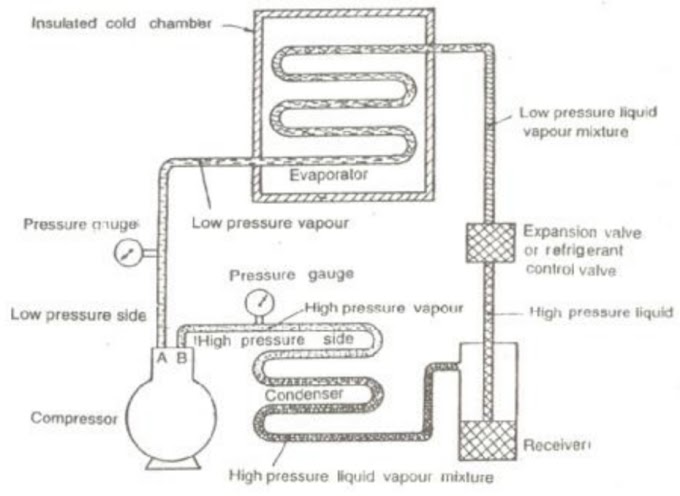

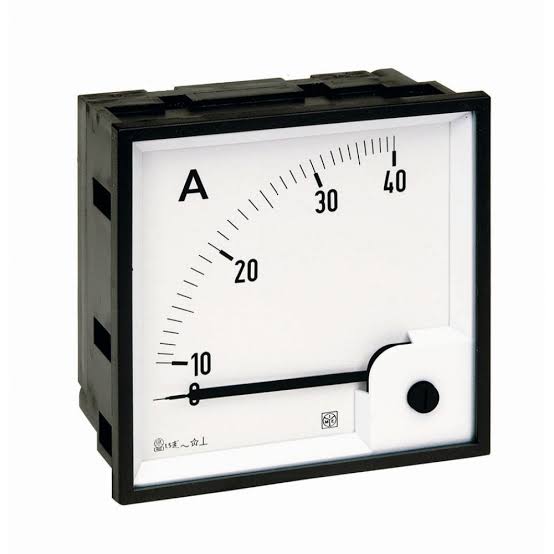
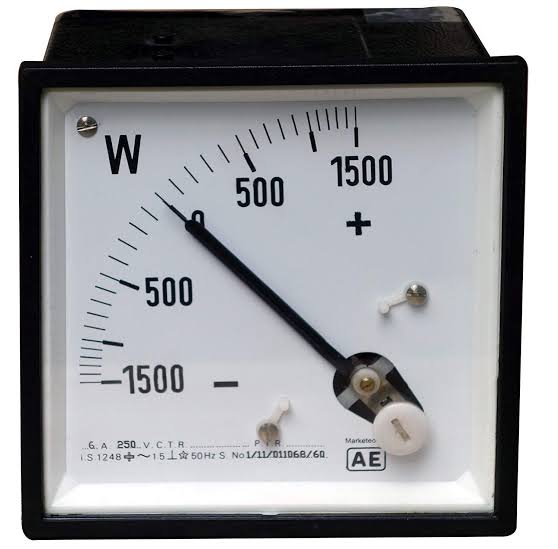

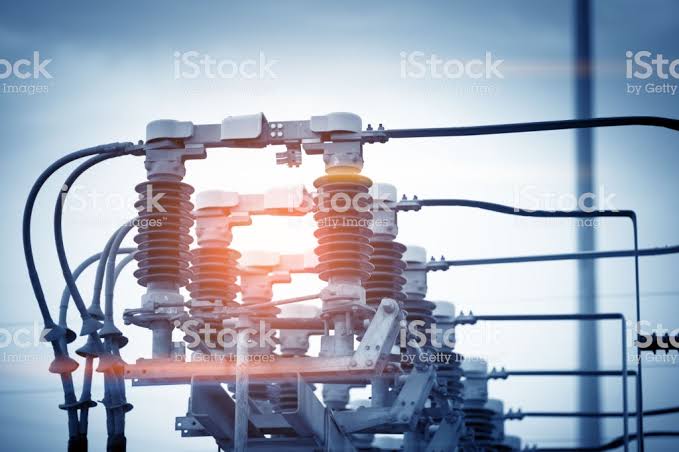



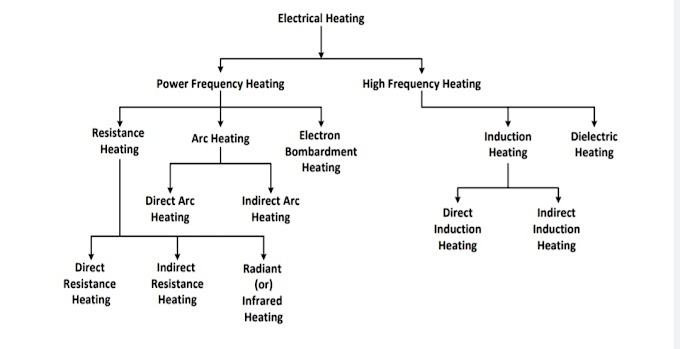
0 Comments